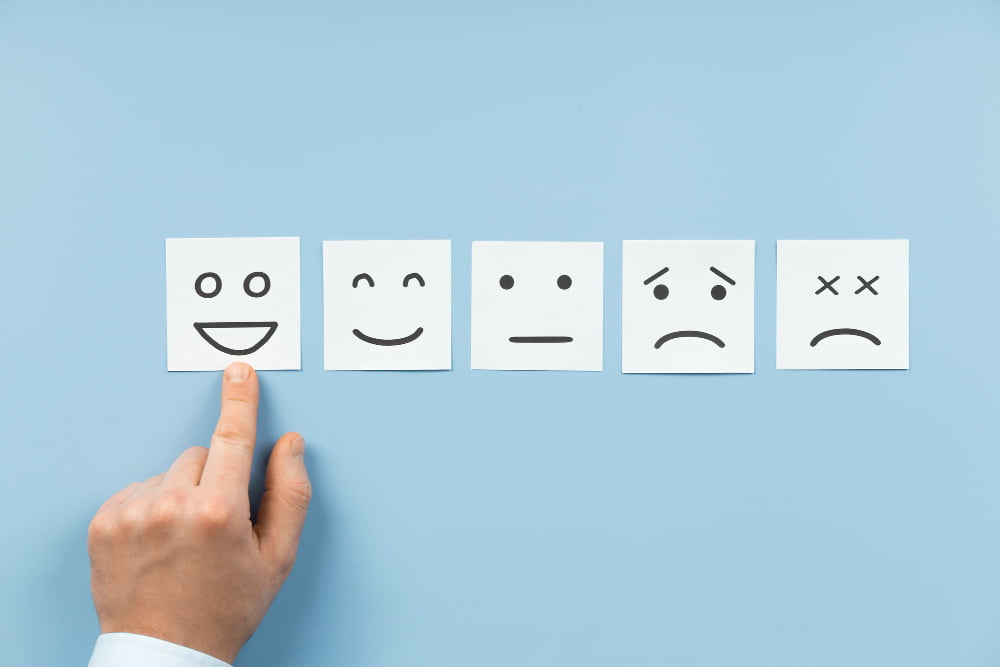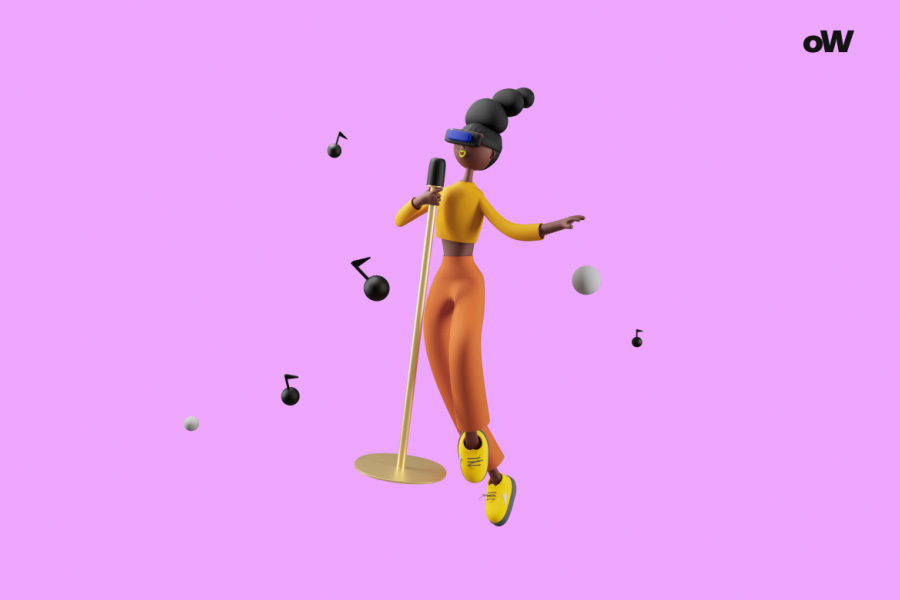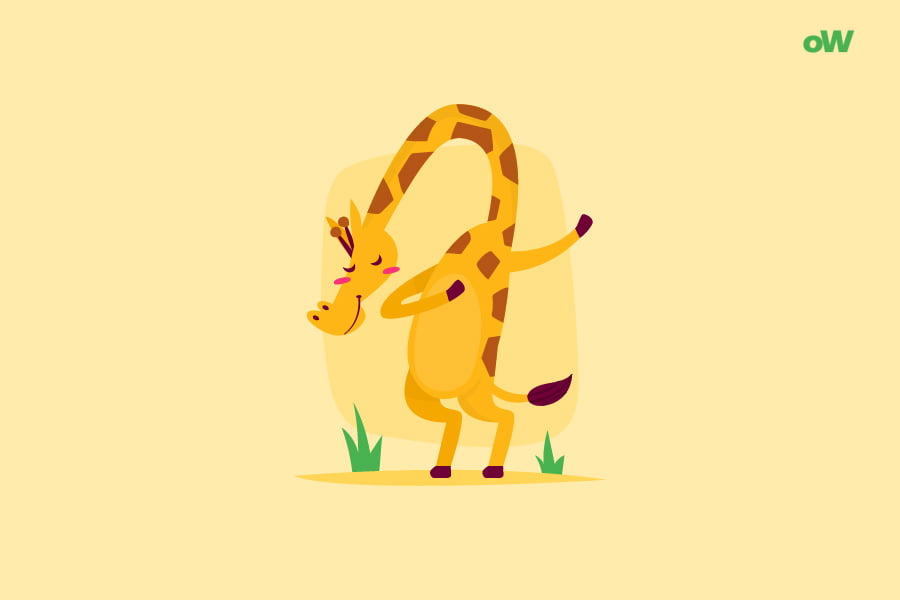Quiz: What Human Emotion Am I?

They say ancient Greeks wore special masks in theater to display specific emotions. Today, masks aren’t necessary – we have 43 facial muscles capable of creating more than 10,000 different expressions. And somewhere among this diversity lies your primary emotion, the very one that defines your perception of the world. That’s why the ‘What Human Emotion Am I?’ quiz isn’t about what you’re feeling right now, but about which emotion you are by nature.
What Are Emotions, Anyway?
Emotions are a fascinating phenomenon that evolved as a mechanism for instant assessment of situations. Deep in our brain, in the limbic system, incredibly complex processes transform external stimuli into emotional reactions. The amygdala, hippocampus, hypothalamus – these structures work like a well-coordinated orchestra, creating a symphony of our feelings.
Each emotion has its unique neurochemical portrait. When we experience joy, the brain produces serotonin – a neurotransmitter known as the “happiness hormone.” During falling in love, dopamine levels skyrocket, creating that uplifting feeling of euphoria. And during stress, cortisol literally restructures the entire body’s functioning, preparing it for the “fight or flight” response.
Interestingly, emotions affect not only our mental state but also physiological processes. For instance, anger accelerates heartbeat, dilates pupils, and increases blood flow to muscles. Fear can cause goosebumps – tiny muscles contracting to raise hair, a reaction inherited from our distant ancestors. And laughter activates more than 300 muscles throughout the body, acting as a natural antidepressant.

How Does Society Shape Our Perception of Emotions?
The history of society’s relationship with emotions resembles an engaging novel with unexpected plot twists. In ancient cultures, emotions were often deified. Ancient Greeks, for example, associated different emotional states with the will of gods: anger was sent by Ares, love by Aphrodite, and creative inspiration by the muses.
The Middle Ages brought the idea of controlling emotions through religious practices. Monasteries became centers for developing emotional self-control, where monks practiced meditation and prayer to achieve spiritual balance. And during the Enlightenment, philosophers began to examine emotions as objects of scientific study, trying to break them down into components much like physicists break down light into a spectrum.
The modern world offers a paradoxical attitude toward emotions. On one hand, we live in an era of emotional liberation, where expressing feelings is considered a sign of sincerity and authenticity. On the other hand, social media creates new rules of emotional etiquette, where “correct” emotions gather likes while “incorrect” ones face condemnation. Sometimes this makes us wonder: “Am I weird?” Is it normal to express our feelings so openly?
Cultural differences in emotional perception are mind-boggling. German has the word “Schadenfreude” – pleasure derived from others’ misfortunes. Portuguese “saudade” describes a complex feeling of bright sadness and nostalgia. And the unique Russian concept of “toska” has no exact equivalents in other languages, combining sadness, yearning, and an aching spiritual emptiness.

Why Determine “What Human Emotion Am I?”
Understanding your dominant emotion is like discovering your emotional center of gravity. This knowledge can become the key to deeper self-understanding and effective state management. For example, if your basic emotion is curiosity, periods of stagnation might cause not just boredom but real emotional discomfort, requiring active steps to overcome it.
Identifying your emotional nature helps understand the reasons behind your reactions to various situations. A person whose dominant emotion is delight might struggle with routine work but excel at creative tasks. And someone driven by calmness might find pleasure in monotonous activities, restoring inner balance through repetitive actions.
Map of Human Emotions
The emotional world of humans resembles a multilayered painting, where each layer adds new shades and depth. Basic emotions are just the foundation upon which the most complex architecture of feelings is built. Modern psychology identifies a whole spectrum of emotional states, from the simplest to the incredibly complex. Many notice that different people emit completely different vibes – a special emotional wave that can attract or repel others. This mysterious personality trait often determines our likes and dislikes.
Take surprise, for example. This basic emotion can transform into admiration when combined with joy, or into shock when mixed with fear. And when surprise is joined by interest, it creates that feeling of wonder – the delighted amazement that drives scientists and researchers.
It’s fascinating to observe how emotions create complex combinations. The mixture of sadness and tenderness gives birth to bittersweet melancholy. The combination of joy and anticipation creates inspiration. And when fear meets curiosity, that special feeling emerges which makes us watch thrillers or ride roller coasters.
Each person has their unique emotional profile – a signature cocktail of different emotions. Some have this cocktail dominated by the sweetness of joy, others by the sharpness of excitement, and others by the tartness of melancholy. And all these combinations are equally valuable and important for creating humanity’s emotional diversity.

The Benefits of Finding Out Which Emotion You Are
Knowing your dominant emotion is like receiving a treasure map where X marks not just the endpoint but also the optimal route to self-realization. This understanding helps build more effective strategies in different areas of life.
In professional activities, awareness of your emotional nature can become a competitive advantage. People whose basic emotion is enthusiasm excel at public speaking and sales. Those driven by curiosity find themselves in research work. And empaths become excellent psychologists and social workers.
In personal relationships, understanding your emotional dominance helps avoid many conflicts. For example, if you know your primary emotion is tranquility, you can warn your partner in advance about your need for personal space and quiet. And if your emotion is inspiration, you can explain why sharing your ideas and plans is so important to you.
Moreover, knowing your emotional nature aids in self-development. It’s like finding your natural talent and beginning to develop it purposefully. If your dominant emotion is compassion, you can channel this energy into volunteering or social projects. If it’s excitement – find constructive ways to express it through sports or business projects.
The journey into the world of your own emotions is an exciting adventure that never ends. Each day brings new discoveries, each situation provides an opportunity to better understand yourself. And the deeper we know our emotional nature, the more complete and rich our life becomes.
Emotions are not just reactions to external events; they are our unique way of experiencing life, our personal prism for perceiving the world. And when we begin to recognize our dominant emotional states, we gain the opportunity not just to float along the current of feelings, but to consciously use their power to create the life we dream of.
Disclaimer
This quiz is designed for entertainment purposes only. The results are not scientifically validated and do not constitute professional advice or assessment. The quiz results are meant to be fun and should not be used as a basis for any life decisions or as a substitute for professional consultation. If you need personalized guidance, please consult with appropriate qualified professionals.
Questions Overview
- Find a friend and share a hilarious joke
- Look for a quiet corner to contemplate
- Get nervous thinking if you're overdressed or underdressed
- Feel energized by the music and start dancing
- Feel a rush, imagining all the small treats you can buy
- Think of the person who might've lost it and feel a tinge of sadness
- Worry about whether it's right to keep it
- Feel grateful and consider it a sign of a good day
- Feel sad, reminiscing about past celebrations
- Brush it off, planning a fun outing to treat yourself
- Get anxious about the state of your friendship
- Decide to drop hints about it next year, imagining their reaction
- Daydream about a future concert
- Reflect on past memories associated with the song
- Feel light, humming along with a smile
- Wonder if the artist is releasing new music soon, a bit worried
- Thrilled about the upcoming adventure
- Pondering the mood of the protagonist
- Anxious about potential plot twists
- Happy about a new story to immerse in
- Dive into the waves, feeling alive
- Sit and watch the horizon, lost in thoughts
- Check if you applied enough sunscreen
- Build sandcastles, enjoying every moment
- Smile, feeling like it's going to be a good day
- Worry if it'll be there tomorrow too
- Imagine its journey and what it has seen
- Get inspired to maybe try bird-watching
- Excitement over a possible secret admirer or friend's prank
- Sadness, thinking someone might be reaching out but can't find the words
- Anxious, wondering if it's a mistake or if there's a hidden message
- Happy at the simplicity and mystery of it
- Whisk yourself away to a fantasy adventure
- Bring back fond memories to relive
- Ensure it's safe to use without consequences
- Create spontaneous joy for everyone around
- A thrill from the power of nature
- Nostalgic, thinking of old rainy days and stories
- Concerned about forgetting an umbrella
- Cozy, imagining reading with a cup of tea
- Tell a thrilling story or showcase vivid colors
- Evoke deep emotions or are reminiscent of the past
- Provoke thought and challenge your perceptions
- Radiate happiness and warmth
- Daydream about future adventures
- Reflect on life, appreciating its depth
- Worry about whether you took the right path
- Take joy in the little things around, like flowers and clouds
- The thrills and spills of life
- The deep, sometimes sad, beauty of existence
- The complexities and uncertainties in relationships
- The simple pleasures and happiness in the everyday
- Can't wait to open it, expecting something grand
- Reflect on who that might be in your life
- Worry about it being delivered to the wrong address
- Feel a burst of happiness, thinking it might be for you
- Take on a new hobby or adventure
- Reflect, maybe write or read poetry
- Organize and plan the coming days
- Bask in the present, doing things that bring pure joy






